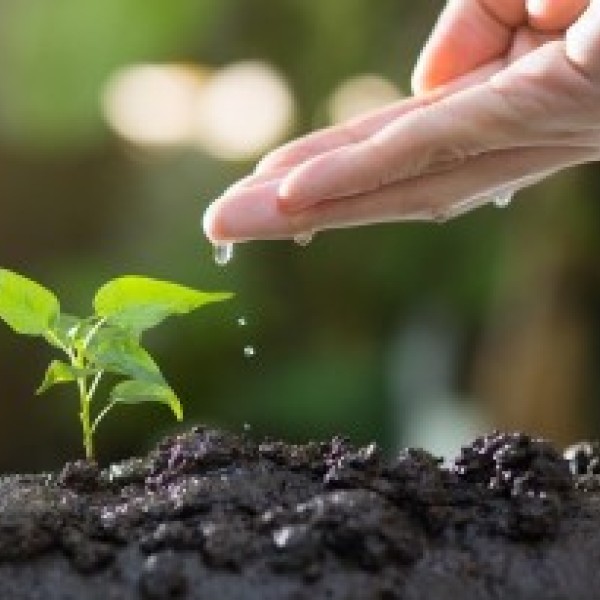Ashley Jernigan is a graduate student at Cornell AgriTech working under the direction of Kyle Wickings, associate professor of entomology. When Jernigan isn’t performing research that leads to improved soil health and crop production in New York state, she serves as president of the Student Association of the Geneva Experiment Station (SAGES). Founded in 1994, SAGES builds community and provides opportunities for graduate students on the Geneva campus. Here, Jernigan shares her insight on why SAGES is critical to promoting leadership and professional development as well as an overall sense of community among graduate students at Cornell AgriTech.
What are some of SAGES’ newest initiatives that support graduate student well-being?
SAGES creates a sense of community by hosting events that are accessible and inclusive of everyone. We hold a wide variety of events and social activities that appeal to individuals with a range of different interests. One of the newest SAGES initiatives that we hope will further support our sense of community is a recently formed Advocacy Committee. The goal of this committee is to facilitate communication between graduate students and Cornell leadership about member concerns ranging from simple potholes on campus roads to major university policy changes. We aim to take the burden off of individuals facing obstacles so that they do not need to try to solve large problems by themselves. I think that by working together to tackle problems that are challenging for members of our community, we are able to actively show that we care about and value the experiences of each member of our community.
How often does SAGES meet and what are the common topics covered in meetings?
SAGES holds general body meetings three times a year in the spring, summer and fall where we cover leadership and committee updates and vote on pertinent topics. In addition to these meetings, we host a variety of social events, professional development workshops and community service opportunities throughout the year.
What are some examples of fun events that SAGES organizes for graduate students at AgriTech?
The social chairs organize a lot of fun events throughout the year. Thirsty Thursdays bring everyone together to catch up over snacks and drinks and are typically held weekly during the academic year. SAGES holds holiday parties throughout the year and social activities at local businesses whenever we can. We also have a lot of fun with our community outreach and engagement activities, especially our annual apple picking and cider pressing we hold to raise money for our scholarship fund for local high school students.
The SAGES annual symposium is another great event we host that gives graduate students the opportunity to share their research with the broader AgriTech community. We bring in a keynote speaker to the symposium, as well, which is always inspiring for our members and a good networking opportunity.















